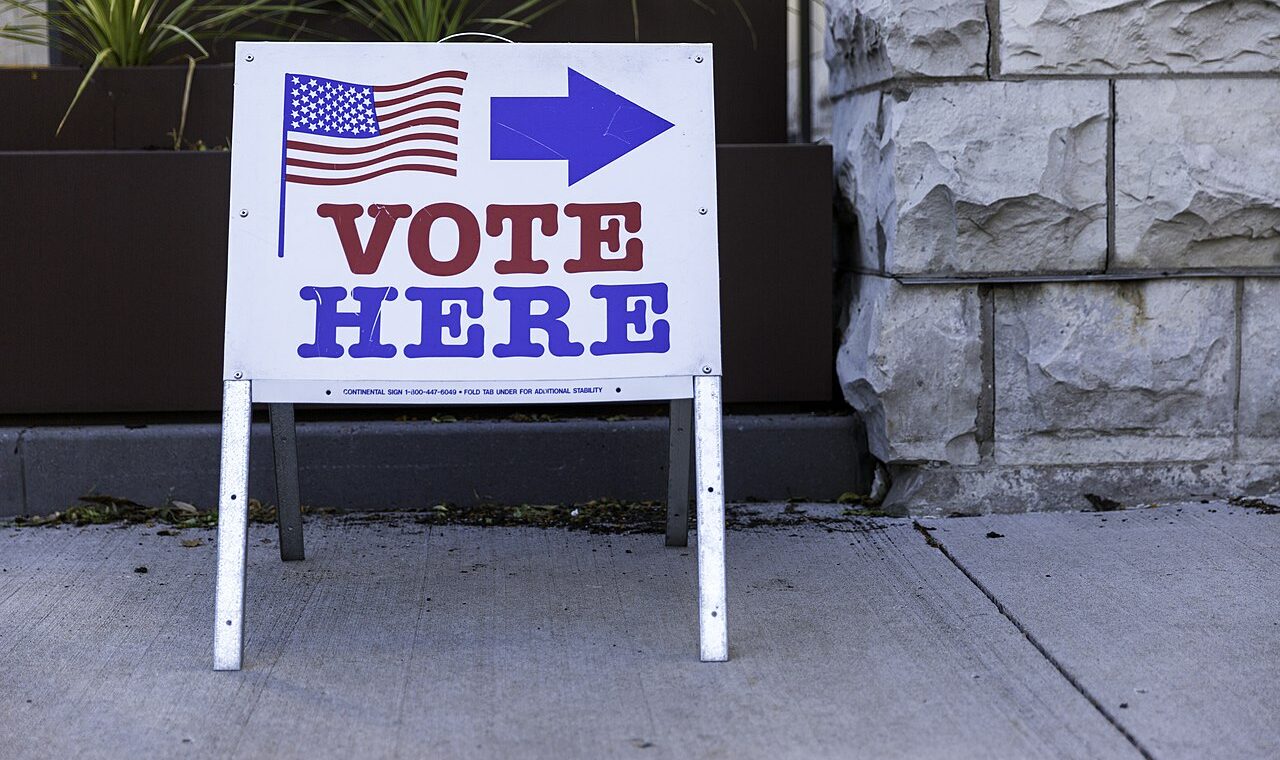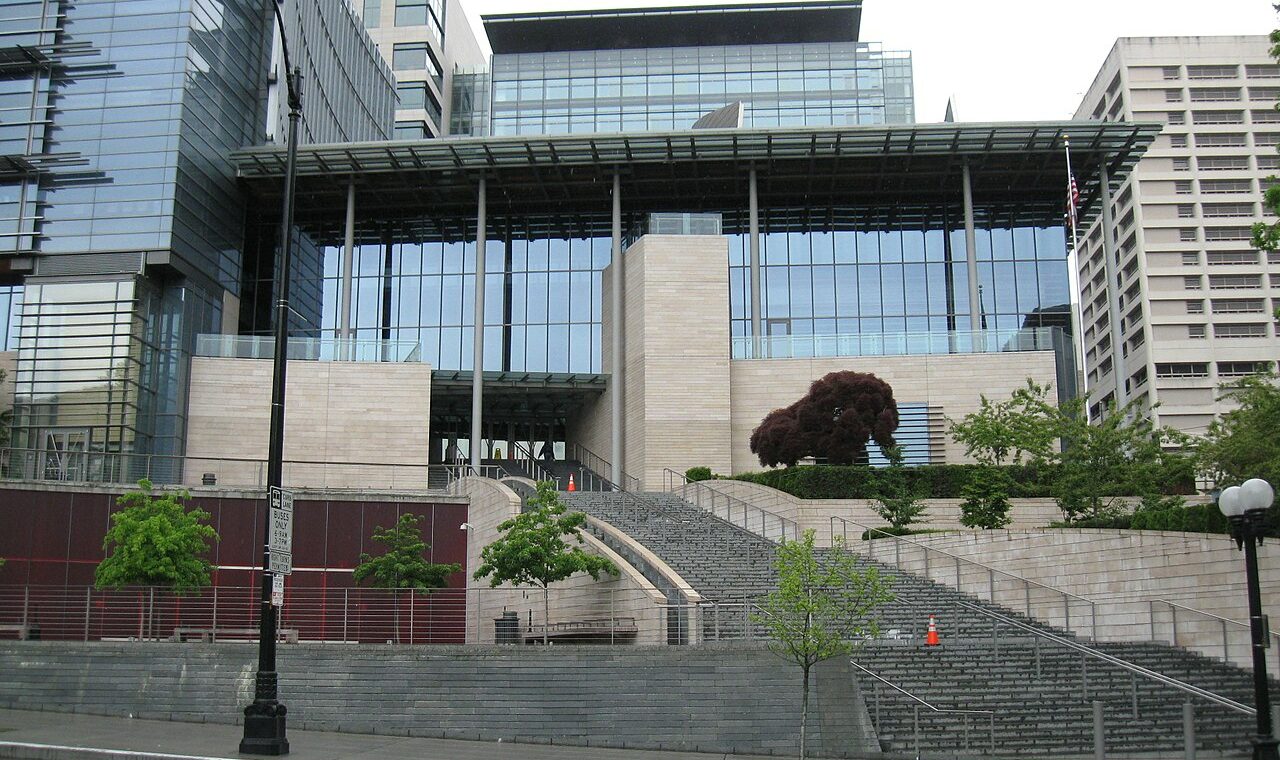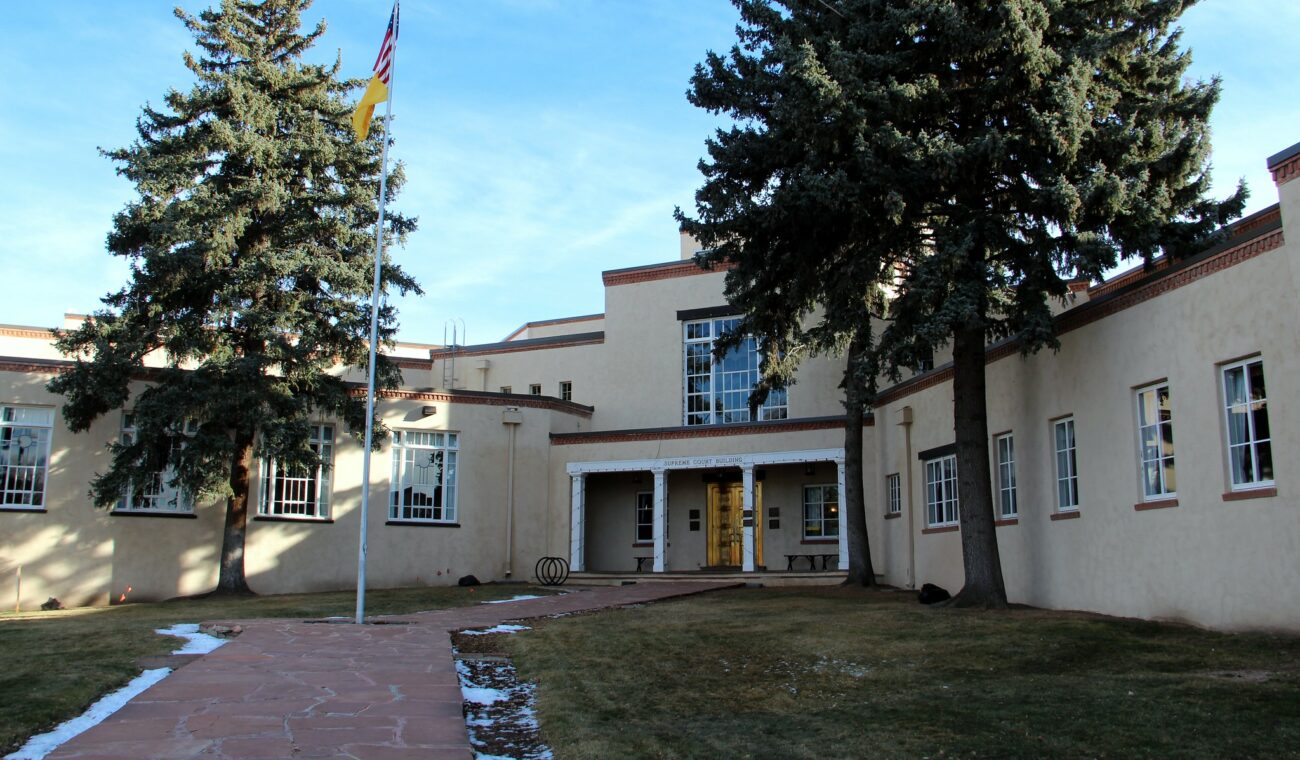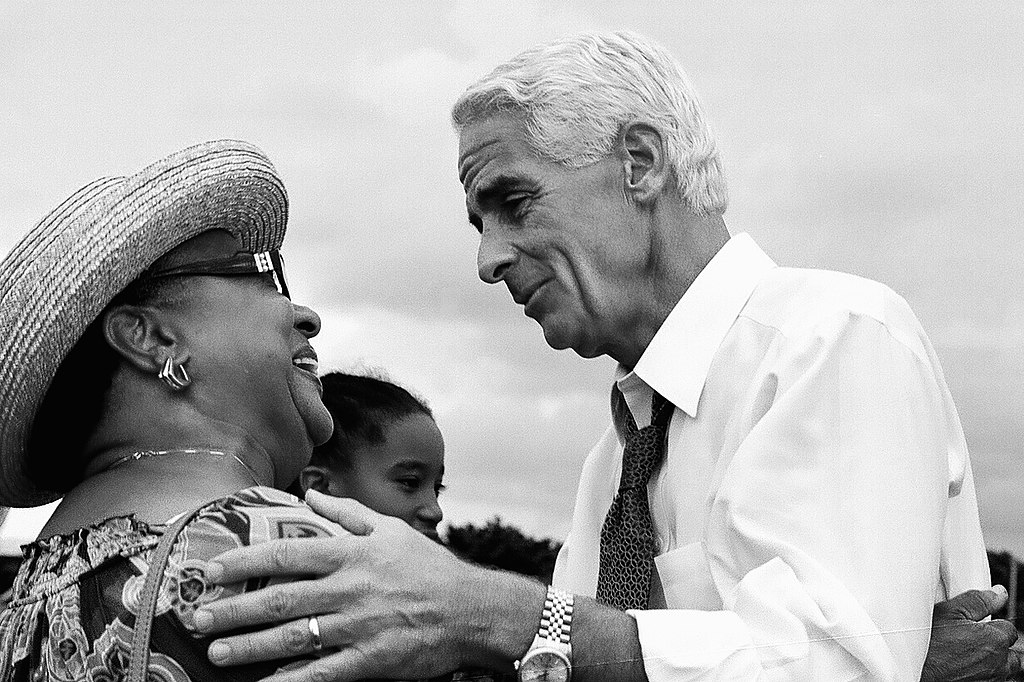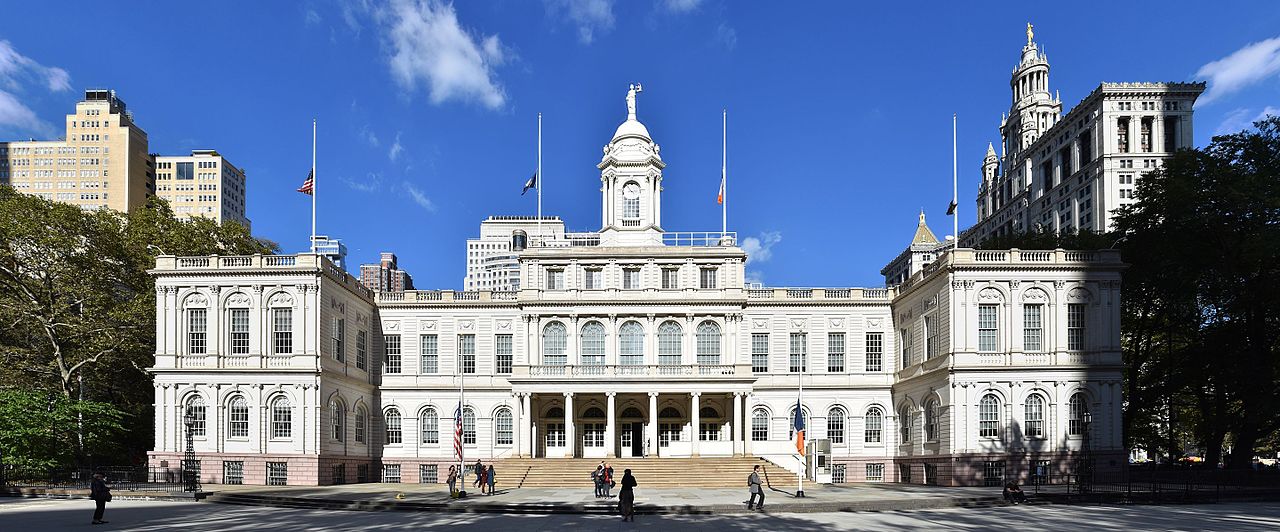States add early voting, and women could benefit – but it’s complicated
Non-partisan, civic organizations such as Voting Rights Lab are saying that early voting opportunities are particularly useful to women, who are more likely to be caregivers or work inflexible hours and low-wage jobs. However, the increase in early voting throughout the country may also be providing pretexts for voting restrictions in other areas, such as mail-in ballots, which may harm the turnout of women voters in the future. While most states allow for early voting, other legal barriers - such as extra identification requirements
Seattle to consider ‘approval’ voting option
Supporters of “approval voting” have acquired enough signatures to introduce in Seattle’s city council an initiative to adopt the election method. City councilors may either decide to vote on the measure themselves or present it to voters in November. “Approval voting” would allow Seattle voters to vote for as many candidates as they find acceptable in the primaries and then vote for one of the top two contenders who make it to the general election. Supporters of the election method argue that it is
New Mexico Supreme Court orders all-GOP county commission to certify primary’s results
Despite the protests of its entirely Republican membership, the Otero County Commission has been ordered by New Mexico’s highest court to certify the results of the primary elections held on June 7th. Until the court ruling, the commissioners had unanimously refused to certify the ballots, citing unfounded conspiracy theories about alleged tampering with the voting machines. Expert observers have expressed concern that this legal altercation may be an early sign of more confrontations to come during the 2022 midterms and beyond. Visit CBS News to
Crist asks federal government to safeguard Florida’s voting rights
U.S. Representative and candidate for Florida Governor Charlie Crist has written a letter to the U.S. Attorney General requesting support in defense of the state’s voting rights, which he argues are under threat. Among other concerns, Representative Crist’s letter calls attention to a newly created Office of Elections and Security. The letter expresses fears that the limits of the new office are so vague that it could be allowed to investigate virtually anyone in the state for any reason and even interfere with the
Battle over voting rights for noncitizen residents in NYC elections officially enters courtroom
Local Law 11, passed by the New York City Council last December, is facing a challenge in the Richmond County State Supreme Court in Staten Island. The law would allow non-citizens who are authorized to live and work in the United States to vote in New York City’s local elections, provided they have resided in the city for at least 30 days. The law would enfranchise over 800,000 additional city voters starting next year. The plaintiffs seeking to overturn the law are led by

